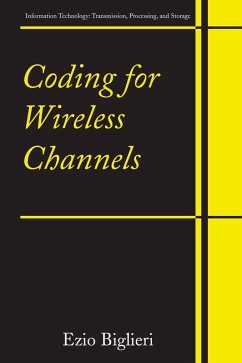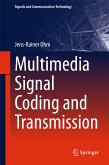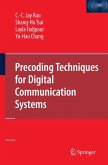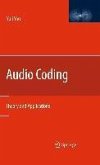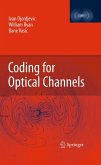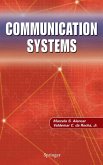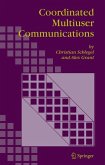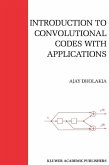Coding for Wireless Channels is designed for telecommunications professionals and advanced undergraduate and graduate-level students. The book provides an accessible introduction to the theoretical foundations of modern coding theory, with many applications to wireless transmission systems. State-of-the-art coding theory is explained based on soft (maximum-likelihood) decoding rather than on algebraic decoding. Convolutional codes, trellis-coded modulation, turbo codes, and low-density parity-check (LDPC) codes are covered, with specific reference to the graphical structures through which they can be described and decoded (trellises and factor graphs). A special section addresses multiple-antenna systems and space-time codes.
Dieser Download kann aus rechtlichen Gründen nur mit Rechnungsadresse in A, B, BG, CY, CZ, D, DK, EW, E, FIN, F, GR, HR, H, IRL, I, LT, L, LR, M, NL, PL, P, R, S, SLO, SK ausgeliefert werden.

